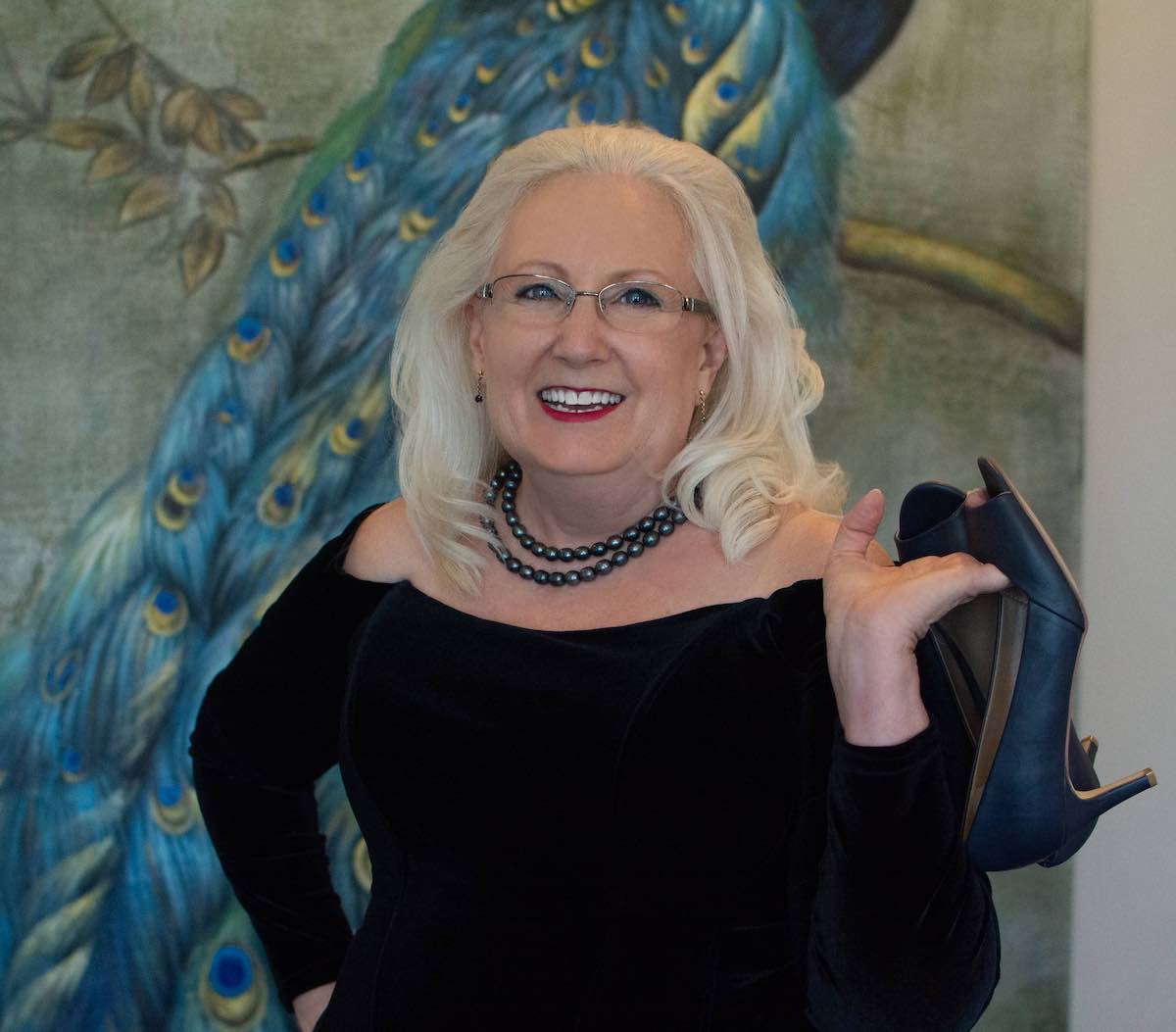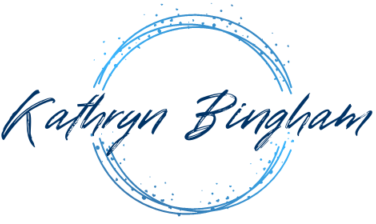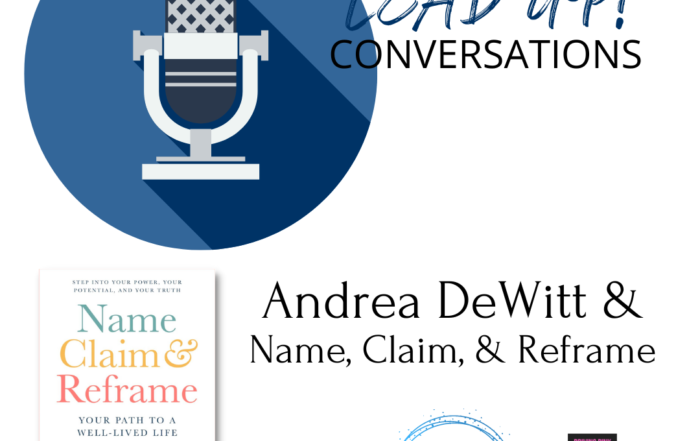Hanging Up My Heels

I own an array of colorful running shoes. Over the past couple of years, I’ve made a conscious decision to step out of the house solely shod in either running shoes, or—more rarely—a pair of bright pink and blue striped rain boots. In essence, I’m hanging up my heels for good. Literally. Not wearing heels. And there are consequences to making this seemingly benign decision.
We make many decisions for our personal and professional lives. Three types of decisions include “try it,” course correction, and commitment. My heels decision is a commitment, and I’ll come back to this one later in the post. Let’s take a quick look at the other two.
Try It
I love to encourage college students and early career professionals to use a “pick one” or “try it” approach to choice. Frankly, this option is available at almost any career phase, but it’s easier to enact early on. We always have a choice—even not choosing is a choice. Choosing a path allows us to explore something new or something familiar. We might expand our knowledge or experience. We follow a course. What I tell students and professionals is that you can always change your mind.
Just because we take accounting, for example, doesn’t mean that later we can’t learn marketing, or supply chain, or even brain surgery! We can become a credentialed teacher, or we might consider theoretical physics. Yes, making the change later may involve an investment of time, effort, funding, or all three. We are the arbitrators of our future. Try it allows us to choose a course, persist through barriers, and build expertise. We might love what we learn and the outcomes. Sometimes we discover the lessons haven’t led to a result that was as meaningful as we hoped. What if we find ourselves on a path that doesn’t serve us? That’s when we opt for course correction.
Course Correction
Recently, I’ve been taking our eight-month-old puppy to a series of training classes. If she gets excited and wants to pull ahead, she hears, “Chani, PIVOT!” as I abruptly reverse direction. After two or three steps, we pivot again. This maneuver quickly reminds her to be heads up, watching me for direction, and pace at my knee. In course correction, we may need make an abrupt shift to eliminate something that doesn’t work at all, or make a small change that steers us closer towards key goals.
Students change majors when they discover more about their aptitudes and interests. Employees change jobs to get away from toxic leaders and environments, or to find greater opportunity and growth. We change companies, locations, and vocations. We consider adding and subtracting in our lives and work. We can choose something more, something different. We may choose something less to focus on the essential. The big key or takeaway should be that course correction doesn’t reflect failure, but insight. We hone in on what shift will bring us closer to what we want and need in our life, career, or business. With that understanding, we can make a commitment, which brings me back to hanging up my heels.
Commitment
To wear high heels (or not) isn’t as trivial as it sounds. When I write about hanging up my heels, I’m actually making three separate decisions. The first involves the physical impact of wearing shoes with heels. I’ve broken an ankle, displaced bones in the other foot, and experienced considerable soft tissue trauma. My first major injury required a surgery to add screws to hold my bones together and a second surgery to remove the screws later on.
Over a period of two years, my recovery worked through a sequence of wheelchair, walker, crutches, and cane before finally being able to walk unsupported. Then I worked through various heights of “training heels” until I could once more wear heels with my corporate-appropriate attire. Some readers might wonder why I’d do such a thing. It’s likely those people haven’t experienced the judgement that comes from not aligning outer appearance with corporate culture expectations.
At the time, our leader obsessed about team members’ workwear. When discussing how effectively a given individual stacked up in terms of skills, knowledge, and key attributes, their clothes could derail perceptions, regardless of how stellar their qualifications. Women’s attire, in particular, could be problematic, right down to the length of our sleeves. Sound crazy? Imagine being subject to this environment.
Don’t get me wrong, I understand the need to be professional and dress appropriately. I also deeply believe our competency has no relationship to what we choose to wear. Today, I want to be able to participate in 5 and 10k events well into my future. Given the injuries I’ve sustained in the past, heels are no longer an option. I’m pretty happy to embrace the choice.
Having done so, I also accept the consequences, the second decision. About a decade ago, a colleague—Dr. Vu Pham—wrote the book Impressive First Impressions: A Guide to the Most Important 30 Seconds (And 30 Years) of Your Career. You may not be surprised to learn attractive people earn more. Additionally, every inch of height over a baseline also correlated with higher pay. A related data point showed for every 10 pounds over an “ideal” body type correlated to lower earnings. Wearing heels lifts a female into incrementally better pay, tied to height. A women’s willingness to wear heels also contributed to her visibility and ability to get her ideas heard. Sadly, the choice to not fully “suit up” may preclude me from consideration from coaching contracts or speaking engagements with companies having stringent dress codes. I can live with that.
The final piece of decision-making leans into the current pandemic inspired life quality choices many workers have been contemplating. For me, the pandemic hasn’t influenced my decision as much as the greater willingness of potential clients to also be weighing what means the most to him or her. Am I the same executive and leadership coach, researcher, and business consultant when I don less formal business attire? I don’t lose any of the education or experience I bring to the table. So, honestly, clients who need a suit are not my peeps. They still live in the world where what’s outside is a determining factor of what’s inside. And that’s a false assumption. So, when I state that I’m hanging up my heals for good, I really want to take a stand for all individuals who seek to present themselves in unique, authentic ways. And, I hope to support leaders who seek to determine and embrace what’s most essential.
As we continue deeper into 2022, I hope each of you take opportunities to try it, course correct, and commit in ways that fill your work and life with meaning. Embrace joy. Live vibrantly. Go forth and do great things.
[Originally published on leadistics.com]Thank you for visiting Dr. Kathryn Bingham’s blog! We invite your discussion at LEADistics’ community page. Fans and honest critics are welcomed! Please see our Comments Policy and reuse Permissions on the TOOLS & FAQ page. All Imagine Bravely posts are covered by copyright law, with all rights reserved.
Social Share
Recent Posts
LeadUP! Juana Bordas
This LeadUP! Conversation features Dr. Juana Bordas, president of Mestiza Leadership International and author of newly updated The Power of Latino Leadership (listen or watch here). Bordas shares how her immigrant experience shaped her leadership. [...]
Power of the Pivot
The idea seems simple. When something isn’t working, just change. Shift. Adapt. But our brain sabotages the effort. We’re convinced that if we just do better or try harder with our current path or process, [...]
LeadUP! Andrea DeWitt
In this LeadUP! episode, Dr. Kathryn Bingham and author Andrea DeWitt talk about her new book, Name, Claim & Reframe and how individuals can step into their power, their potential, and their truth. Both the [...]





